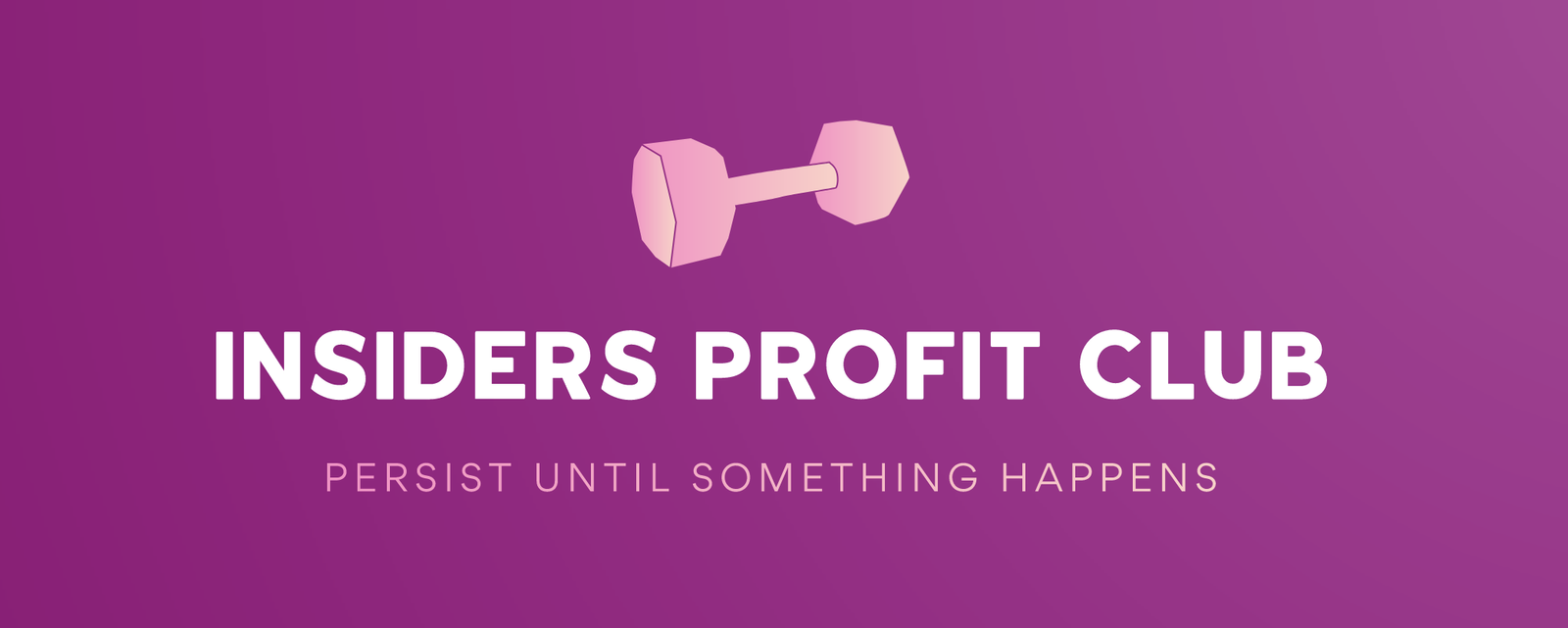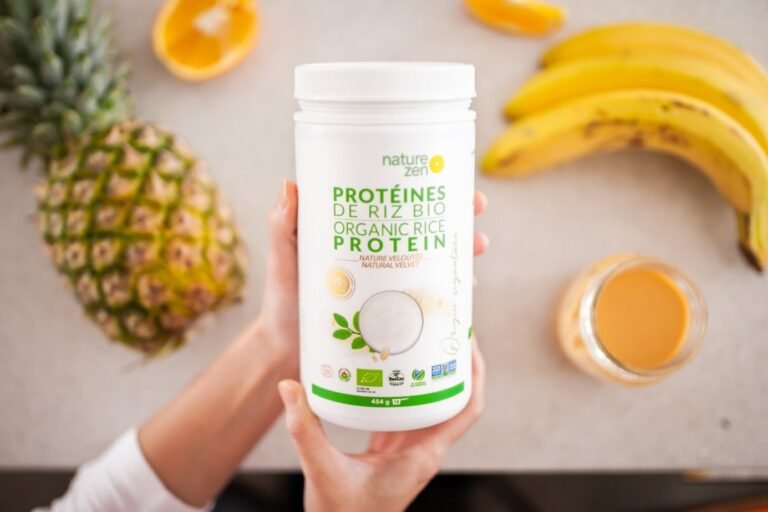5 good diets for ladies over 50
For women seeking a graceful transition into the later stages of life, the number of dietary options is staggering, and not all of them are healthy. Many women over the age of 50 seek diet to support their heart or brain, control menopausal symptoms, or improve their overall health. The diets in this article were selected based on the following criteria: Easy to follow. Aside from clear guidelines and simple shopping lists, the diet does not require any supplements. Customizable.You can make adjustments based on your personal preferences and dietary needs. Not very restrictive. You don’t need to eliminate large food groups from your diet. Nutritionally balanced. You will be consuming lots of healthy fats and proteins, as well as quality sources of carbohydrates and micronutrients. Based on evidence. Scientific studies confirm the health benefits of nutrition. Here are the 5 best diets for women over 50.
1.Versatile: the Mediterranean diet
The Mediterranean diet is consistently ranked as one of the healthiest eating habits for almost everyone, including women over 50. According to the dietary habits of people in Greece and southern Italy in the 1960s, this diet is low in saturated fat. It consists primarily of vegetables, legumes, fruits, nuts and whole grains and contains olive oil as the main source of added fat. Although the Mediterranean diet is mostly plant-based, it also contains moderate amounts of fish and dairy products, and small amounts of eggs, poultry, and red meat. Decades of research has shown that this diet reduces the risk of various chronic diseases associated with aging, such as heart disease, diabetes, cancer and mental decline. One study also linked the Mediterranean diet to a 30 percent reduction in the risk of obesity in peri- and postmenopausal women. The flexibility of the Mediterranean Diet puts many other popular diets to shame. No food or food group is taboo – even desserts and red wine are allowed sparingly.
2. Best for Heart Health: The DASH Diet
According to the Centers for Disease Control and Prevention (CDC), heart disease is a leading cause of death in women over age 50. In addition, the incidence of high blood pressure, an important risk factor for heart disease, increases dramatically after the onset of menopause. Dietary Approaches to Stop Hypertension (DASH) aims to prevent and treat high blood pressure, also known as high blood pressure . is notable for its low sodium content and emphasis on foods high in calcium, potassium, and magnesium, which are known to help lower blood pressure. Restrictions on sodium vary based on personal needs. While some people limit their sodium intake to no more than 2,300 mg per day, others go as high as 1,500 mg. Both numbers correspond to the American Heart Association’s sodium recommendations.
The DASH diet consists primarily of vegetables, fruits, and low-fat dairy products, followed by moderate amounts of whole grains, legumes, nuts, seeds, fish, and poultry. Red meat and sweets are generally discouraged but are sometimes allowed, and processed or salted meats are prohibited. Reducing salty and ultra-processed foods in favor of nutrient-dense whole foods offers additional benefits, such as lower cholesterol and better blood sugar control.


3. The best plant-based diet: flexible diet
The flexitarian diet is a semi-vegetarian diet that is mostly plant-based but sometimes includes meat, eggs, dairy, and fish. This diet is currently most popular among women who limit meat consumption for health, animal welfare, or environmental reasons. The Flexible Diet is a great option for anyone looking to increase their fiber and plant protein intake, as well as see the nutritional value of animal products and consume them as needed. The Australian Longitudinal Study of Women’s Health notes that strict vegetarians and vegans are more likely to be deficient in nutrients such as iron and omega-3 fatty acids that are important to women’s health. Compared to these restrictive diets, the flexitarian diet provides more iron and omega-3 fatty acids from foods like red meat and fish. It also contains more calcium, an important nutrient for bone health in postmenopausal women. Early research suggests that this type of diet has additional benefits for weight loss, heart health and diabetes prevention.
4. Best for Brain Health: The MIND Diet
Age and gender are the main risk factors for dementia, which is much more common in women than in men. In fact, about two-thirds of people with Alzheimer’s, the most common form of dementia, are women. The MIND Diet was designed to reduce the risk of Alzheimer’s disease and other types of age-related intellectual disability. MIND is an acronym for Mediterranean-DASH Intervention for Neurodegenerative Delay. As the name suggests, it combines elements of the Mediterranean diet and DASH, which have been shown to support brain health. Emphasize foods such as whole grains, berries, leafy greens, beans, olive oil, and oily fish. Avoid fried foods, red meat, butter, cheese and sweets. Numerous studies have shown that the MIND diet reduces the risk of dementia.While people who strictly follow the diet are at the greatest risk, even those who follow it moderately may experience slower mental decline.
5. Best for Women Tired of Dieting: Intuitive Eating
If you’ve tried countless fad diets and are ready to exit the food cycle for good, intuitive eating may be the perfect solution. Chronic restrictive diets can result in a variety of side effects, including bone loss, weight gain, eating disorders, and reduced quality of life. Intuitive Eating is an anti-diet program that aims to reform your eating habits and build a positive relationship with your body and the foods you eat. It was developed by nutritionists who claim that chronic consumption causes physical and mental damage. Intuitive Eating includes 10 core principles based on concepts such as accepting food, respecting one’s health, and managing emotions without food. No food is forbidden and there are no rules on portion sizes or meal times. Instead, the goal is to help you relearn how to listen to your body’s natural signals of hunger and satiety so you no longer rely on a specific diet to fuel you mentally or physically. A recent study linked intuitive eating to improved mental health and a reduced risk of eating disorders . Additional research suggests that those who follow this plan may have a better chance of maintaining a healthy weight, although it should be noted that weight loss is not the goal.







